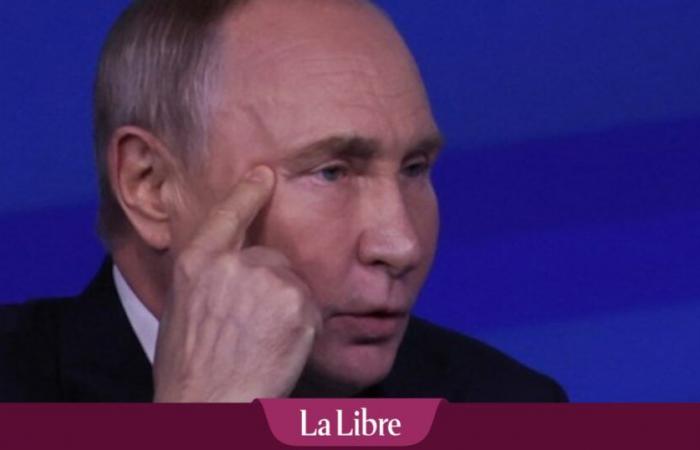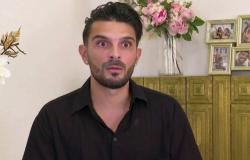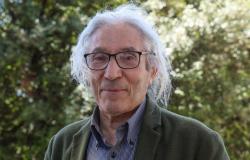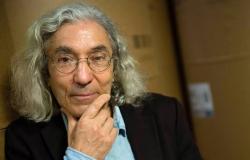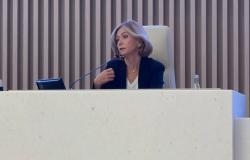Since the Russian invasion of Ukraine in February 2022, this is Mr. Putin’s 11th visit to Central Asia, a region rich in natural resources where Moscow’s historical influence remains strong although contested by China and Westerners.
Vladimir Putin welcomed the fact that Kazakhstan and Russia are “adopting similar positions” internationally, while Astana maintains a balancing act on the war in Ukraine by supporting Ukrainian territorial integrity without openly condemning the invasion Russian.
In September, Mr. Tokayev considered that Russia was “militarily invincible” while assuring that “in Kazakhstan, the population has real sympathy for the Ukrainian people.”
“Large-scale projects”
Astana is accused by the West of not respecting the sanctions introduced against Moscow for its invasion of Ukraine, which it denies.
The leading Central Asian power, Kazakhstan is a military and economic ally of Russia with which it shares more than 7,500 kilometers of common border.
A border described on Wednesday by Mr. Tokayev as “eternal friendship and true good neighborliness”, a few days after having ordered to strengthen territorial defense, worried about the escalation in Ukraine.
During this summit, the two heads of state could discuss the construction of the first nuclear power plant in Kazakhstan, a country which produces 43% of the world’s uranium but chronically lacks electricity.
Russia, via its state company Rosatom, is in the running, as are China, South Korea and France.
Vladimir Putin said on Wednesday that Rosatom was “ready to launch new large-scale projects” in Kazakhstan.
Mr. Putin also welcomed the “cooperation in the gas and oil sector”.
But Kazakhstan, a landlocked country which must export 80% of its oil via Russia, is trying to develop alternative routes, notably via the Caspian Sea.
Vladimir Putin is also due to participate on Thursday in Astana in a summit of a military alliance of former Soviet republics, the Collective Security Treaty Organization (CSTO).

